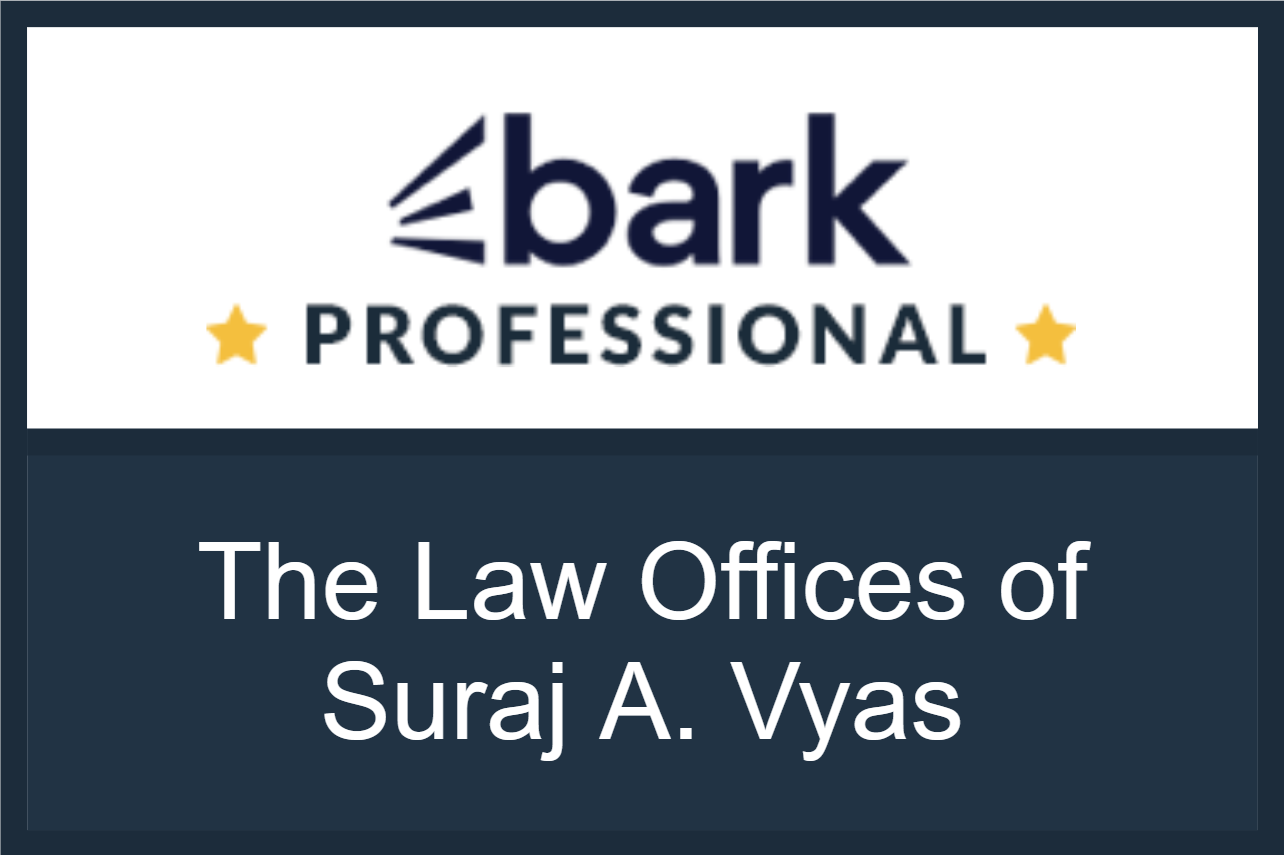By Suraj A. Vyas | 30 min read
A lot of this blog post involves things filed in French. My training in French is comprised of whatever I learned from 1st to 3rd grade and “omelette du fromage” from Dexter’s Laboratory. I ended up using an online translator for most of this research so take what I say with a grain of salt. On to the blog post!
It’s 2019 and as we close in on 2020, we are still living in a world filled with hyperbole. Here’s the latest absurdity for your eyes. A Canadian law firm is going after the creators of Fortnite: Epic Games, Inc. on behalf of a ten year old. I’ll link to the firm’s pleading below (as well as the translated version I read). The translated version makes it seem like the Applicant is alleging that Fornite promotes gambling to children. Of course, there aren’t any loot box mechanics in Fortnite so it’s unclear what sort of gambling is going on. This is just one example of quite a few translation issues that may come up when reading through it. It actually translates to saying that Fortnite is developed to be so addictive that it creates dopamine releases in the brain in a pattern similar to cocaine.
The firm mentions Prince Harry’s remarks regarding Fortnite as if he is anymore qualified than you or I in determining what constitutes an addictive video game. I guess they really like using ethos in their arguments because I’m not sure why anyone would care about what Prince Harry has to say on the subject.
The firm goes on to mention YouTubers influence the Applicant to play more. It’s unclear how Epic Games, Inc. would be responsible for that. This is as absurd as going to a party and having someone talk about how good the White Claw® tastes and then having that person be responsible for you becoming an alcoholic.
The firm finally does mention something directly connected to Epic Games, Inc.: The Terms of Service. However, the Terms of Service are incredibly strict on the age restriction of those who agree to it so it doesn’t appear that this is something they would be held liable for, but rather would provoke the deactivation of the boy’s account perhaps. Tons of major social media websites have had the same issue (like when middle-schoolers wanted to join Facebook back in the early 2000s).
Epic Games, Inc.’s ToS does contain an arbitration provision, but the firm argues that such terms of service don't stand up in court in Quebec because the province's Consumer Protection Act requires companies to clearly disclose risks associated with products or services.
It’ll be interesting to see what becomes of this as Epic Games, Inc. has already disclosed to UK lawmakers that they don’t use any sort of psychologist to help them design the loop of the game and have no intention to make it deceptive or harmfully addictive in any way.
Learn more about this topic and get in touch with The Law Offices of Suraj A. Vyas through social media @SAVLawFirm











